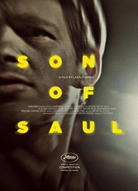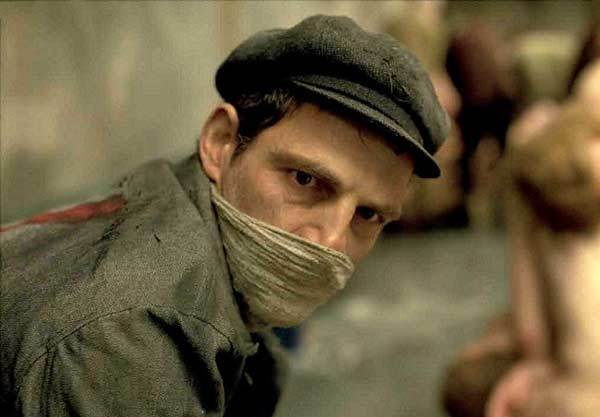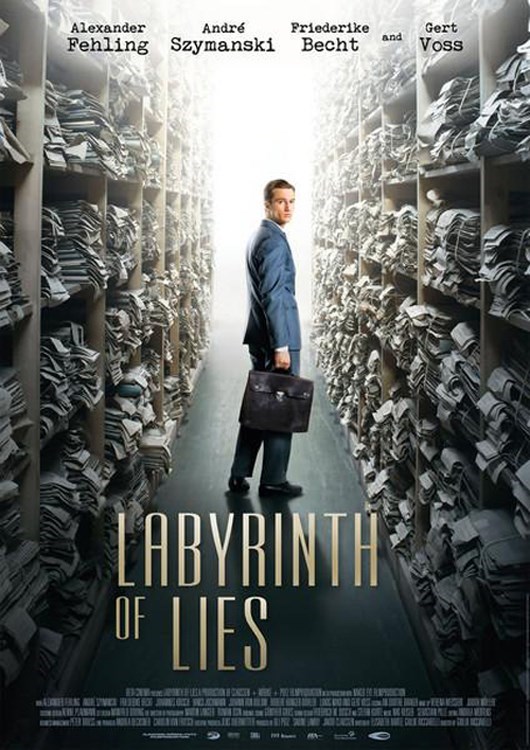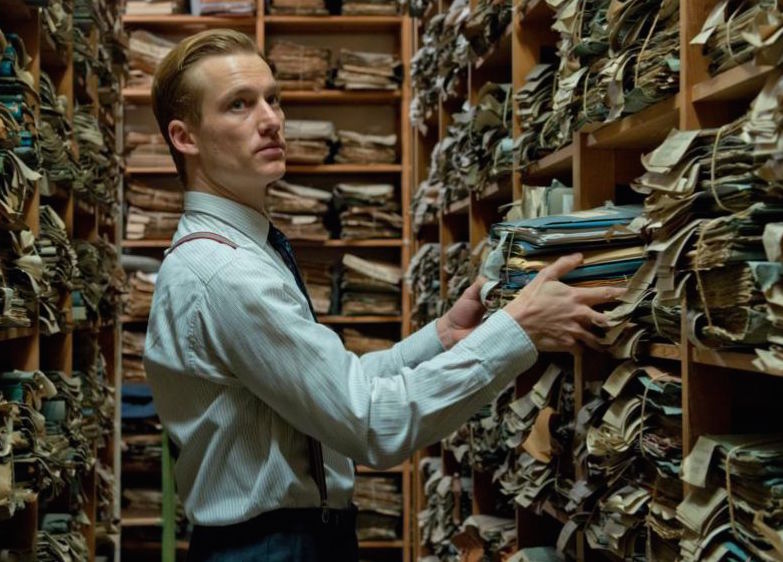Judy by the Numbers: "The Joint Is Really Jumpin' in Carnegie Hall"
 Wednesday, May 11, 2016 at 8:19AM
Wednesday, May 11, 2016 at 8:19AM Anne Marie is tracking Judy Garland's career through musical numbers...
 Judy Garland was wrapping production on one movie and starting production on another when she filmed a cameo for the WWII wartime musical, Thousands Cheer. Despite the fact that Garland was one of MGM's biggest stars, this cameo with José Iturbi was the first Technicolor movie she had made since The Wizard of Oz four years previous. The films between Oz and Thousands Cheer, though large in spirit, were small in budget due to Great Depression constraints. However, the onset of World War II brought about an audience boom - everyone was going to the movies to catch a newsreel and escape the fears of the war. As a result, budgets were about to skyrocket as MGM began to give Judy Garland big and colorful sets, costumes, and scenery to match her big and colorful voice.
Judy Garland was wrapping production on one movie and starting production on another when she filmed a cameo for the WWII wartime musical, Thousands Cheer. Despite the fact that Garland was one of MGM's biggest stars, this cameo with José Iturbi was the first Technicolor movie she had made since The Wizard of Oz four years previous. The films between Oz and Thousands Cheer, though large in spirit, were small in budget due to Great Depression constraints. However, the onset of World War II brought about an audience boom - everyone was going to the movies to catch a newsreel and escape the fears of the war. As a result, budgets were about to skyrocket as MGM began to give Judy Garland big and colorful sets, costumes, and scenery to match her big and colorful voice.
The Movie: Thousands Cheer (1943)
The Songwriters: Roger Edens, Ralph Blane, and Hugh Martin
The Players: Kathryn Grayson, Gene Kelly, Mary Astor, Jon Boles, directed by George Sidney
The Story: The man playing both jazz and classical music as Judy swings is (as previously mentioned) José Iturbi, a Spanish conductor and pianist. Surprisingly for a classical musician, Iturbi also started an improbably successful parallel career as a character actor in MGM movies of the 1940s. While composers and musicians would show up periodically in films to "class it up" (or "brass it up," depending on whether it was Bob Crosby or Oscar Levant), none was quite so prolific onscreen as Iturbi. From 1943 to 1949, Iturbi appeared in about a picture a year, with small but noticeable parts. After all, it's hard to find a pianist with enough personality to pleasantly play for a put out Judy Garland.
Select Previous Highlights: "Dear Mr Gable" (1937), “Zing Went the Strings of My Heart” (1938), "Over the Rainbow" (1939), "I'm Always Chasing Rainbows" (1941), "For Me and My Gal" (1942)










